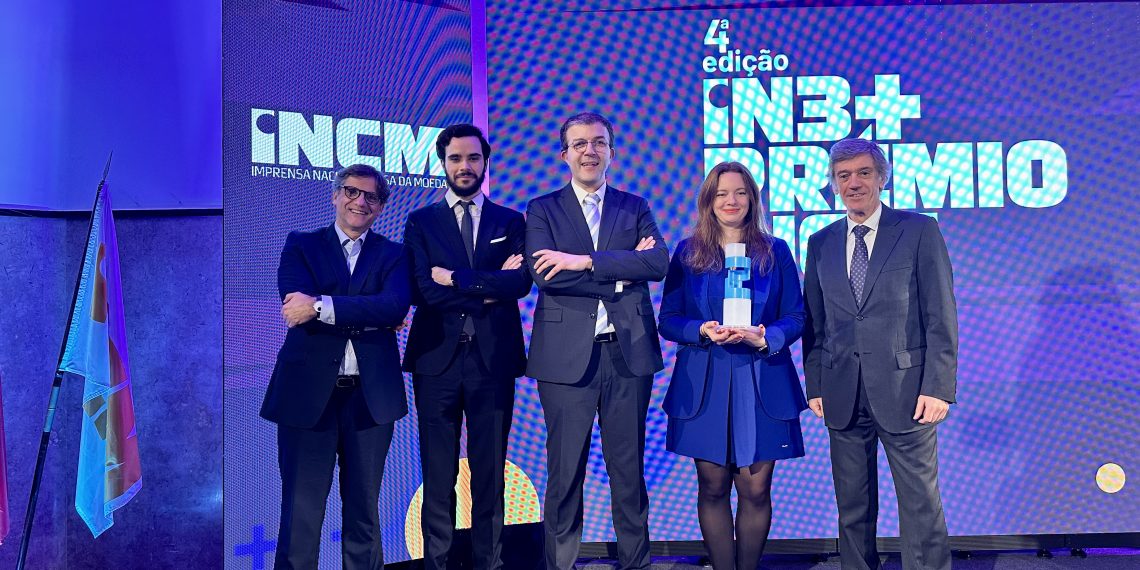Where do you draw the line between transparency and privacy in digital services? How can a person, as a user of services, validate the correct follow-up of his/her process, without compromising the confidentiality to which the respective providers are obliged to follow? The PeT – Privacy and Transparency project, led by the Institute for Systems and Computer Engineering, Technology and Science (INESC TEC) – in collaboration with the University of Minho (UMinho) – won the second place in the fourth edition of the IN3 + Award, One Million for Innovation. This initiative, aimed at ensuring transparency and privacy in digital services, received €250k to support its integration into the market – initially, at the national level, and in public and private services (healthcare, education, and justice).
This is a very topical question, as demonstrated by the latest Eurobarometer on European Union citizens’ opinions towards corruption. According to the study, corruption is perceived as common by close to 93% of Portuguese citizens and 70% of Europeans.
“More transparency is vital to fight against corruption, and to correct the notion on the existence of corruption, pointed out in several studies. In this sense, we must address the current conflict between transparency and privacy – and this is where the PeT comes in. When it comes to digital transition, transparency and privacy in the data management of digital services – namely, in public procurement cases, personnel admission processes, service provision, etc. – are crucial questions, and also the main focus of innovation of the PeT”, explained Ana Nunes Alonso, researcher at INESC TEC and professor at the School of Engineering of UMinho.
“Moreover, it is vital to ensure the publication of performance indicators that allow public control of the activities of service providers, and that users and the general public can validate them, especially in the context of their particular experiences”, she added.
Hence, the PeT solution – leveraging the state of the art in encryption and data management – will allow the validation of the performance commitment took by the service providers themselves (e.g., the maximum waiting time for access to a service) without revealing the underlying data of the citizens involved, ensuring their privacy and transparency, and contributing to improve citizens’ trust in the institutions.
Still, PeT technology itself is not limited to the context of lists or queues, as it becomes possible to verify the content of third-party databases without disclosing it.
INESC TEC had already won the IN3 + Award once; this initiative, promoted by the Imprensa Nacional Casa da Moeda (INCM), in partnership with the National Innovation Agency (ANI) and with the High-Sponsorship of the President of the Portuguese Republic, aims to support the creation of new national and international ideas, promoting research and innovation in Portugal. The prize of €250k will be used to transform the basic technology into a real scale solution, contributing to innovation in the provision of products and services capable of reaching society in general, increasing transparency of public and private services.
The award was presented on February 22, during an event held at the Casa da Moeda building in Lisbon. It featured the presence of the PeT team: Rui Oliveira, member of INESC TEC Board of Directors, Ana Nunes Alonso, José Orlando Pereira, and Nuno Faria, INESC TEC researchers. José Manuel Mendonça, Chairman of the Board of Directors of INESC TEC, also attended the event.
The researchers mentioned in this news piece are associated with INESC TEC, UMinho and UP-FEUP.



 News, current topics, curiosities and so much more about INESC TEC and its community!
News, current topics, curiosities and so much more about INESC TEC and its community!